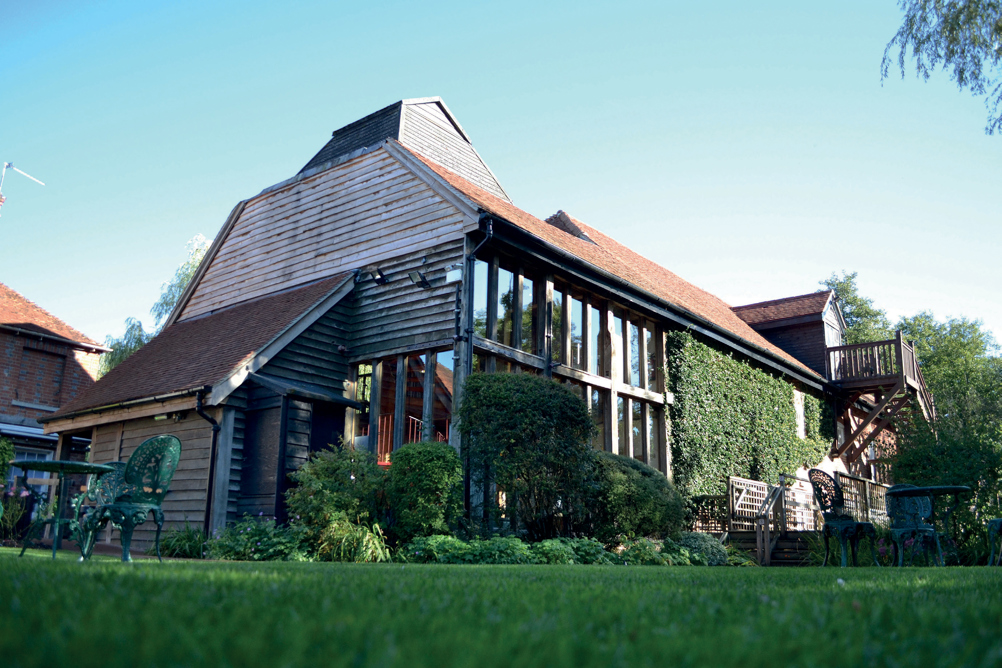Claudine Nightingale takes a closer look at the output and offerings from this rural theatrical gem.

Nestled away in the West Berkshire countryside, alongside the River Lambourn, is the idyllic location of the Watermill Theatre. A boutique 200-seat venue, it takes its name from the building's original purpose.
The theatre building was originally an 1830s corn mill. Converted from a derelict state by its owner David Gollins, it started its theatrical life as a 113-seater amateur theatre. In 1967, it became a professional theatre, and has enjoyed artistic directorship from the likes of David Gilmore, Jill Fraser, Hedda Beeby and, more recently, Paul Hart.
A notable production of Othello (1995), a collaboration between then-artistic director Jill Fraser and Edward Hall, sparked the creation of the award-winning theatre company Propeller, who now tour the world with fresh new interpretations of Shakespeare.
Register now to continue reading
Register to the Drama & Theatre website today and gain access to all the latest news and developments from the world of drama education.
By registering you will receive:
-
Free access to 4 subscriber-only articles per month
-
Unlimited access to news and opinion on our website
Already have an account? Sign in here
